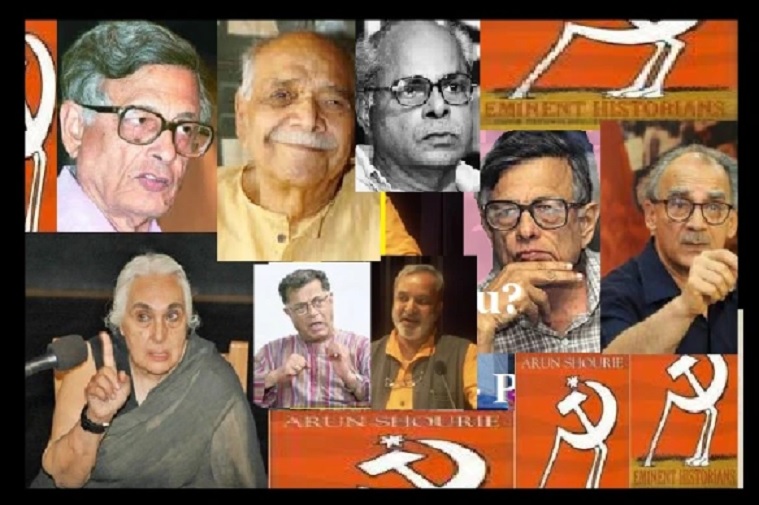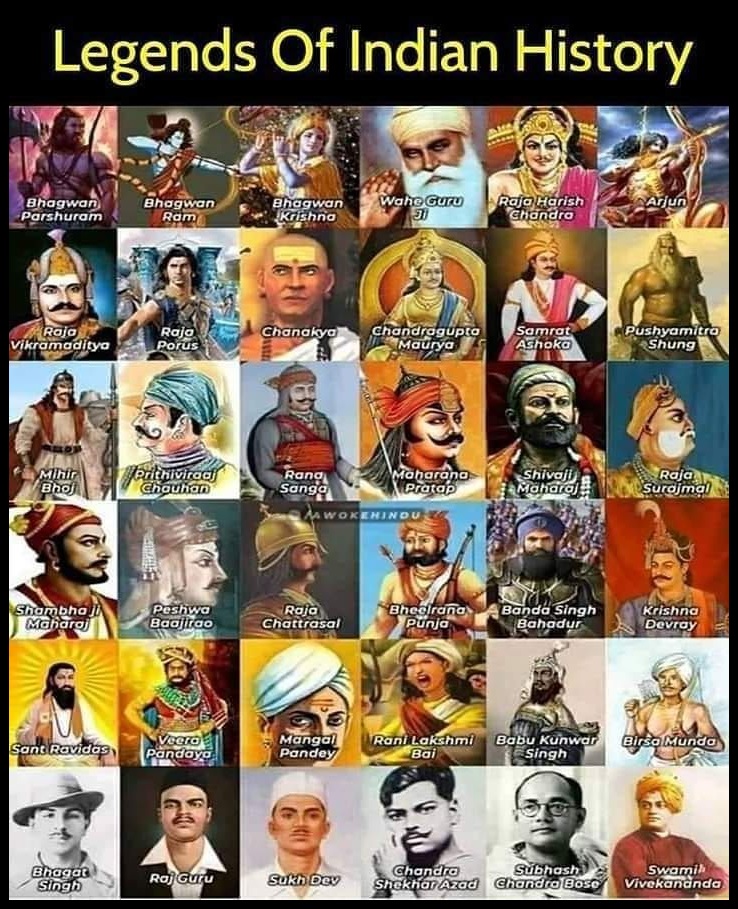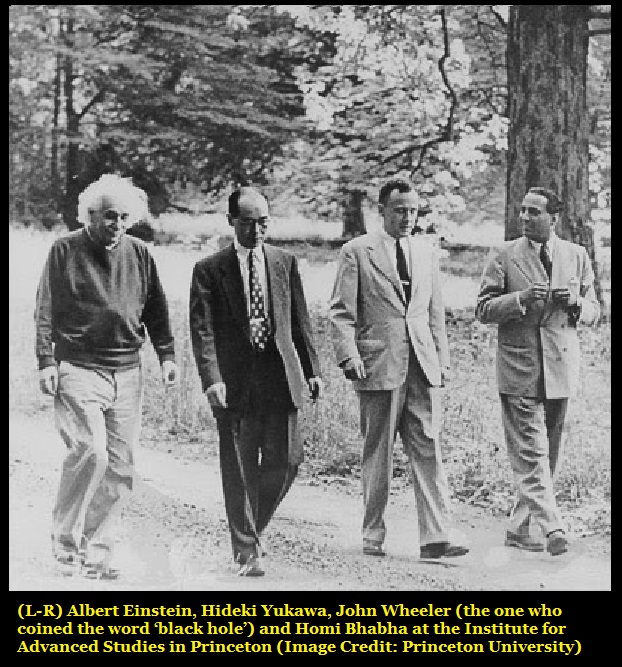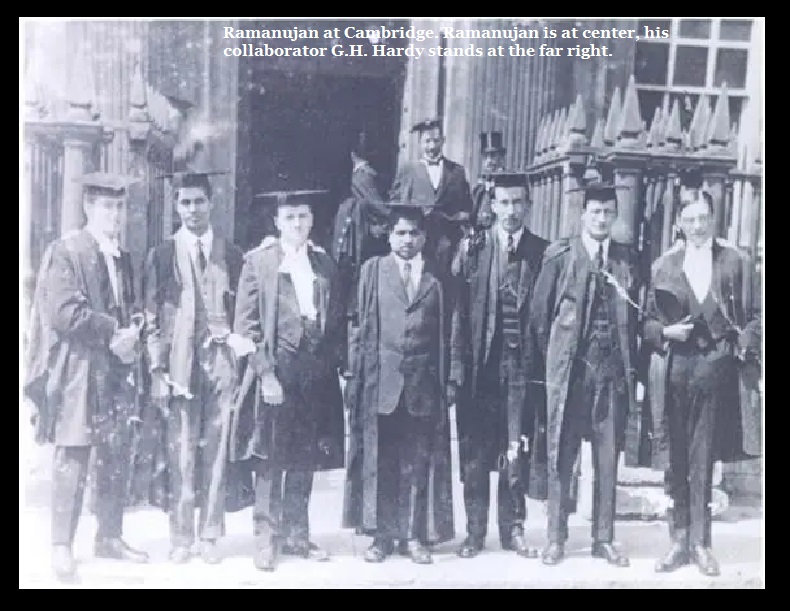Is it difficult to write 100-200 years old history faithfully and honestly in the Indian context? Contemporary history writing towards balanced historiography (5)

The contemporary history writing and historiography: The problems and dangers in writing contemporary history have been pointed out by the European and American writers. They have been mostly delving upon the World War I and II and the ideological power struggle involved. How the war crimes and related problems have been dealt with by NATO and WARSAW ideologists, the economic blockades and fiscal sanctions. Incidentally, a Communist writer pointed out the danger in writing the contemporary history[1]. Another view can be read here that of Ramachandra Guha[2] and also his yet another version here[3]. However, in the Indian context, the Indians have to face contemporary historiographical attacks both from outside and as well as inside. They have been still facing physical and ideological attacks from many such ideological groups. They have been eloquent in blaming others, but, less constructive in giving ways and means positively for the betterment of India. As Indian historians and historiography have already been ideologized and working in groups, their writings cannot be unified, but giving different versions, but, ultimately the dominant version prevails and the weak slowly die down.

Do historians cover all historical subjects with ideology?: Indians include thousands of groups of people engaged in a variety of job, work and avocations. During the last 3000-2000-1000-500-100 years, definitely much has affected them in many aspects, the Indian society formed and existing has been with certain specific culture, tradition, heritage and civilization. The A to Z of duties and responsibilities[4] can be studied under different categories (these are given only for illustrative purposes and not exhaustive):
- Science, technology
- Mathematician, astronomer, geology, cosmology, cosmogony,
- Law, acts, rules, judiciary, jurisprudence
- Education, schools, colleges, universities, specialization
- Health, medicine, diseases, hospitals
- Agriculture, seeds, cereals, oil,
- Ores, metals, metallurgy, utensils, bronzes
- Cotton, silk, yarn, weaving, textiles,
- Cattle, milk, milk products
- House, house construction, materials
- Temple, construction, sculptures, artisans, sculptors, stone worker,
- Artist, painter,
- Food, cooking, preservation of food
- Ruler, king, emperor, dynasty, chieftain, politics,
- Tax, cannons of taxation, exemption, exports, imports,
- Boat, ship, building, inland water transport, oversea navigation
Historians, history-writer, historiographer, archaeologist, or any other related experts do not cover all the subjects. They may call themselves as Marxist, pro-Marxist, anti-Marxist, subalternist, left, right, centre, nationalist, anti-nationalist, non-nationalist or any other expression, they have been arguing, counter-arguing, etc., for many decades, without concluding but going on blaming others.

The available contemporary evidences should be preserved: Definitely, the available contemporary and Indian evidences should be preserved:
- The Mail, The Hindu, Indian Express (English dailies), Swadeshamitran, Navamani, Dinathanthi, Dinamani (Tamil dailies), Kalki, Ananda Vikatan, Kumudam, Kalkanu (Tamil magazines) contain day to day news of 19th and 20th centuries. Therefore, all such dailies in e-format should be made available to the public and researchers.
- Accordingly, the events and news of 1900 onwards had been well recorded.
- Even old photographs and cine-films contain the then existence condition of popular places, roads, buildings etc., that may add more evidence for history writing.
- The narratives 70-80-90-100 years old people should be recorded immediately, before they leave us with data and information.
- Audi alteram partem meaning “listen to the other side”, or “let the other side be heard as well”. Hence, the all sides, both sides or the other side of the events could be known and analyzed.
- Knowing the facts, they should be allowed to record for the posterity.

How to get Indian history completely?: For convenience, and familiarity, the Madras presidency, Madras and Madras related events, personalities and issues have been taken up for discussion. In the same way, the problems and facts of each state, important city and local leaders can be taken up, so that the whole India would be covered and such narratives can be compiled for future generations:
- As Indians have been divided based on language, region, religion, ethnicity and other factors, they have been compartmentalized in groups.
- However, there have been celebrations, festivals, tirta-yatras, going on 24×7 basis -unite all Indians and they are not controlled by any ideology.
- The print and electronic media now exposes many interesting facts of celebrations, festivals and events to the viewers and they could understand how they are in common, though, the names and places differ.
- Naturally, Indian culture, tradition, heritage and civilization unite them in all such gatherings.
- That they are Hindu need not be a communal factor, but, historical and therefore, such interpretation should be stopped in historiography. The common people of India not only do not know such interpretation and they do not bother also.
- That majority of Indians has been carrying on their activities with all the 1000 years disturbances etc., prove some inherent resilience among themselves.
- Therefore, the criticizing historians, disparaging historiographers and condemning writers should recognize such intrinsic resistance, innate spirit, inborn confidence, or inbuilt strength.
- As the biographies, autobiographies of leaders, scientists etc., have been published, the history of others can also be published, so that the current and as well as the future generations know them.
- Time will decide, who will be remembered for long and forgotten.
- The responsibility of all writers, speakers and lecturers should be to unite Indians.

Regional separatism, linguistic enthusiasm and state exclusivism should not affect India’s unity and integrity: As crores of Indians living far away from each other, yet enjoy the food, music, cinema, and so many other common things, with the modern connectivities, they can still come together. As armed forces have such spirit, all Indians should have unified feelings. If the regional parties, leaders and ideologists still want to question the Indian unity and integrity in different way, they would be only misleading the people of the respective state. The central-state relations would also be affected with such confronting attitude and verbose. Thus, the fellow-Indians of other states also could get affected with such confronting states creating uncomforted conditions. However, now in modern times, Indians of all states have been united together in many ways. Their relationships have been there in every state. The IT and similar jobs have made them to go different parts of India and work. Thus, millions have already been settled in other states during the last 75 years and they have already been converted to local conditions, speaking local languages and following customs.
© K. V. Ramakrishna Rao
15-05-2024

[1] Rajani Palm Dutt, Problems of Contemporary History, 1963. Book published by Lawrence and Wishart (London, 1963).https://www.marxists.org/archive/dutt/1963/contemporary-history.htm
[2] Guha, Ramachandra. “The challenge of contemporary history.” Economic and Political Weekly (2008): 192-200.
[3] Ramachandra Guha, The Challenge of Contemporary History, Historia 54,1, Mei/May 2009, pp 112-128.
The author notes, “A somewhat different version of this article was published in the Economic and Political Weekly I am grateful to André Béteille, Sumit Guha, Mukul Kesavan, Sunil Khilnani, Srinath Raghavan, James Scott and two anonymous reviewers for their comments.”
[4] In Indian context, duty is always connected with responsibility, accountability and liability and therefore, the individual discipline is expected much that helps the growth of family and society.
Note- the graphics have been added to create awareness how anti-Indian forces, ideologists and writers have been working…..

Filed under: academic, ambedkar, ambedkar idea, ambedkar ideology, ambedkar philosophy, ambedkar thought, anti-brahman, anti-brahmin, anti-caste, anti-hindu, anti-india, anti-indian, anti-vedic, Aryan, assam, Brahmi, chief minister, conduct, dead, death, death memorial, Delhi, dravidar, Dravidi, Dravidian, dravidian model, emotion, freedom of expression, freedom of press, freedom of thought, gandhi, gandhiji, historian, historian politician, historical politician, historicity, history ideology, Indian History Congress, JBS Haldane, linguistics, linguistuic study, Madras, Meghalaya, memorial for death, Mizoram, N V Prasada Rao, N. Subba Rao, Nagaland, nation, nation building, nation-building, nation-state, nehru, nehru model, Neils Bohr, Norbert Wiener, objectivity, option, periyar, pillai, politics, race, racialism, racism, rennovation, renovation, Sree Potti Sriramulu Telugu University, Tiripura | Tagged: Arunachalpradesh, arya, aryabhata, aryan, aryan invasion, aryan problem, aryan race, assam, bharat, books, Dramila, dravid, Dravida, Dravidam, dravidan, Dravidar, Dravidi, Dravidian, dravidian model, dravidian race, Dravidians, historiography, history, India, indian history, language, Meghalaya, Mizoram, Nagaland, nation-state, Potti Sriramulu, Sree Potti Sriramulu Telugu University, Sriramulu, state, tamil, telugu, Tiripura | Leave a comment »









